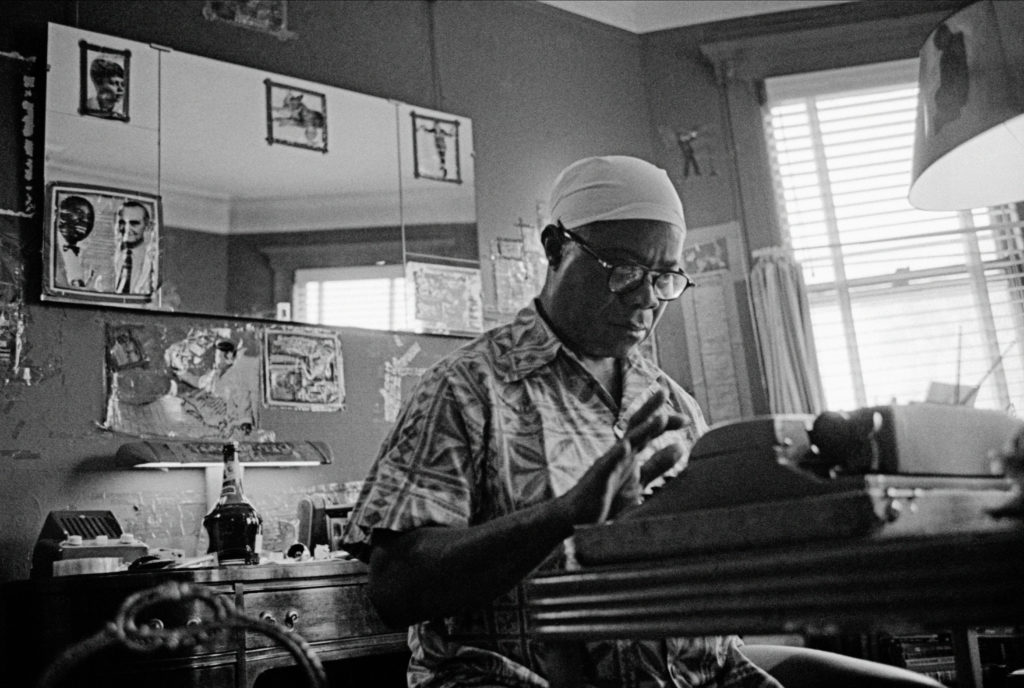
Louis Armstrong’s Black & Blues affirms my observation that, ideally, a satisfying documentary requires a great subject and great source material. For decades, apparently focused on his historical legacy, Louis Armstrong audiotaped his conversations with visiting friends, preserving his candid thoughts and reflections on his life and times. His family has made those taped conversations available to the filmmakers and Armstrong’s own words are a revelation.
Armstrong’s public Satchmo persona, perpetually upbeat and non-threatening, made White Americans comfortable and seemed Uncle Tom-like to younger Black Americans. Armstrong’s own words in private (he preferred being called Pops) leave no doubt about his own complicated thoughts. Armstrong, who was raised in the South at the height of the lynching period, was clear-eyed and resolute about American racism. His perception of personal safety and commercial viability intentionally guided his self-invented image and, also, the roles in the Civil Rights movement that he adopted and that he declined.
Louis Armstrong’s Black & Blues also lays out Armstrong’s pivotal influences on impact on vocal popular music, on jazz and on American music. We also see Armstrong’s private personality with his family and intimates.
Louis Armstrong’s Black & Blues, which closed this year’s Nashville Film Festival, is steaming on AppleTV.
